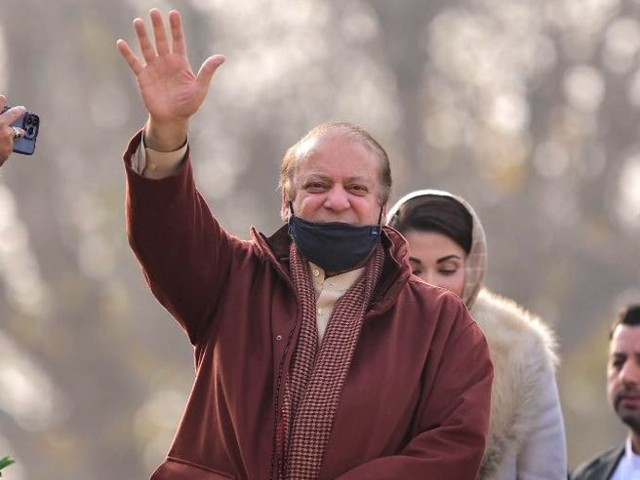- Joined
- Jan 25, 2024
- Messages
- 111,139
- Likes
- 867
- Nation

- Residence

Tribal customs hindering campaign of women candidates in Khyber
Ibrahim ShinwariJanuary 27, 2024

KHYBER: Tribal customs and traditions are the main hurdle to three women candidates for general seats of provincial assembly in Khyber district as they run a restricted door-to-door campaign and focus mostly on female voters.
Shakira Shinwari, Lal Zaida and Naseem Riaz have filed their nominations for PK-69, PK-70 and PK-71, respectively, alongside 76 other male contestants for the three provincial assembly seats in Landi Kotal, Jamrud and Bara.
Shakira Shinwari and Naseem Riaz are contesting elections as independent candidates while Lal Zaida has the backing of Pakistan Tehreek-i-Insaf-Parliamentarians.
None of these three female candidates have so far organised any public meeting nor are their personal posters or banners anywhere in sight in their respective constituencies. Motivated by her family support and backing to try her luck in the February 8 general elections for the first time, Shakira Shinwari believes that she can be a better choice to raise voice for the legitimate rights of the otherwise political and economically deprived tribal women as all the former male lawmakers have failed to bring about a qualitative change in the life of local women.
Local elders look at participation of women in polls with sarcasm
“With my canvassing and persuasion, I also want to change the otherwise biased mentality of tribal men towards their womenfolk. Tribal men do not allow their women to get equal rights and have access to basic health and education facilities,” she told this scribe in a committed voice.
But in the same vein she acknowledged the challenges she was faced with in her electoral campaign in the male-dominated tribal society while also conceding that she herself would focus on approaching only female voters, the male members of her family would reach out to male voters as she was not able to pay visits to ’hujra and jumaath (mosque) for canvassing.


